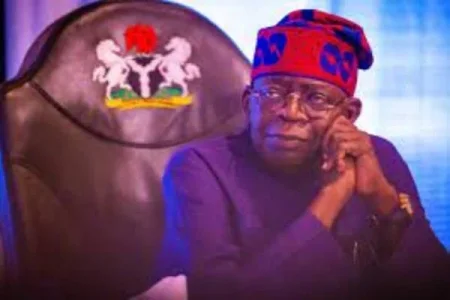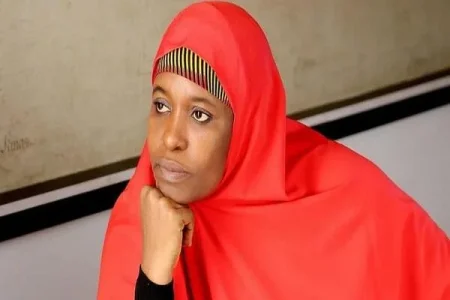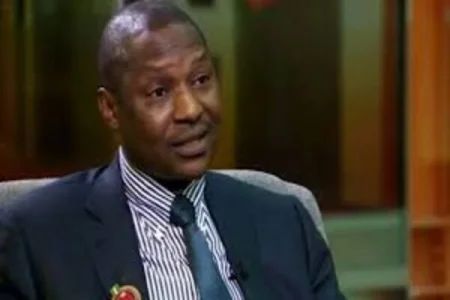
President Bola Tinubu has not fulfilled the legal and moral obligation of declaring his assets publicly, six months into his term. Despite the Code of Conduct for Public Officers mandating asset declarations upon taking office, President Tinubu's financial records remain undisclosed, sparking unease among Civil Society Organizations (CSOs) and the public. Efforts under the Freedom of Information (FoI) Act to extract information from the Code of Conduct Bureau (CCB) have proven futile, with officials likening the expectation to "Waiting For Godot."
The lack of transparency has ignited a debate on the moral responsibility of public office holders to be open about their assets. While the law doesn't explicitly require public disclosure, CSOs argue that it is essential for fostering public trust and holding leaders accountable. President Tinubu's failure to adhere to this practice has drawn parallels to other instances in Nigeria's political history where public figures have resisted disclosing their assets.
The article highlights that President Tinubu has a history with the CCB and the Code of Conduct Tribunal, particularly during his tenure as the former governor of Lagos State. However, the current lack of asset declaration raises questions about his net worth, which has been previously estimated at over $4 billion. Claims of ownership in various ventures, including hotels, a media empire, and significant stakes in companies, have fueled curiosity about the accuracy of these estimations.
Notably, past Nigerian leaders have faced challenges in promoting financial transparency. While some, like late President Umaru Yar'Adua and former Vice President Goodluck Jonathan, publicly declared their assets, others, including former President Olusegun Obasanjo and former President Muhammadu Buhari, faced controversies surrounding the secrecy of their asset declarations.
Civil Society Organizations, such as the Socio-Economic Rights and Accountability Project (SERAP) and the Centre for Anti-corruption and Open Leadership (CACOL), have called for President Tinubu to set a precedent by promptly making his assets public. The debate extends to whether the law should be amended to mandate public disclosure, aligning with the push for greater accountability and transparency in Nigeria's governance.
As concerns grow, the story delves into the stakes involved, emphasizing the need for President Tinubu to lead by example, especially in a climate where corruption allegations continue to plague the political landscape. The unfolding narrative explores the broader implications of the secrecy surrounding President Tinubu's finances on governance, public perception, and the ongoing fight against corruption in Nigeria
Source: The Guardian




